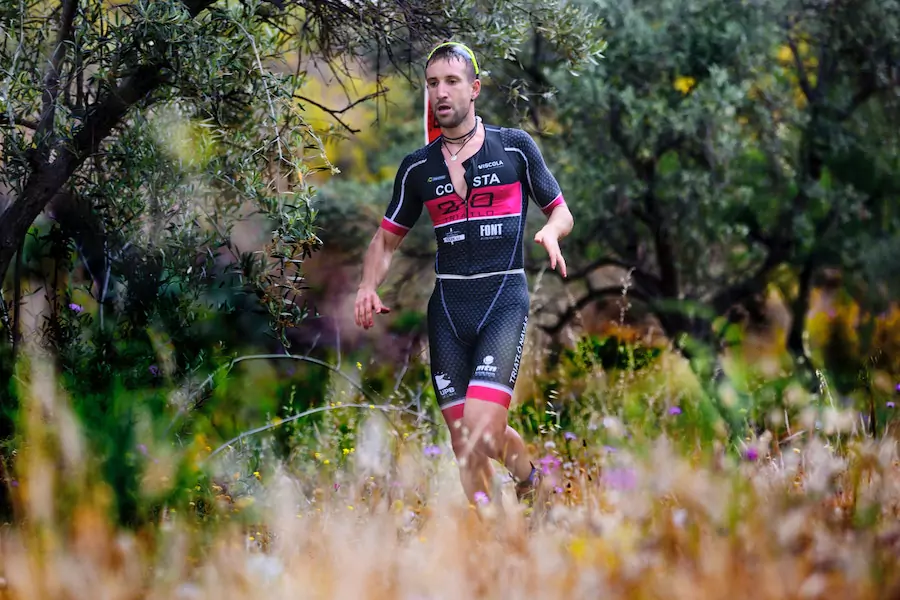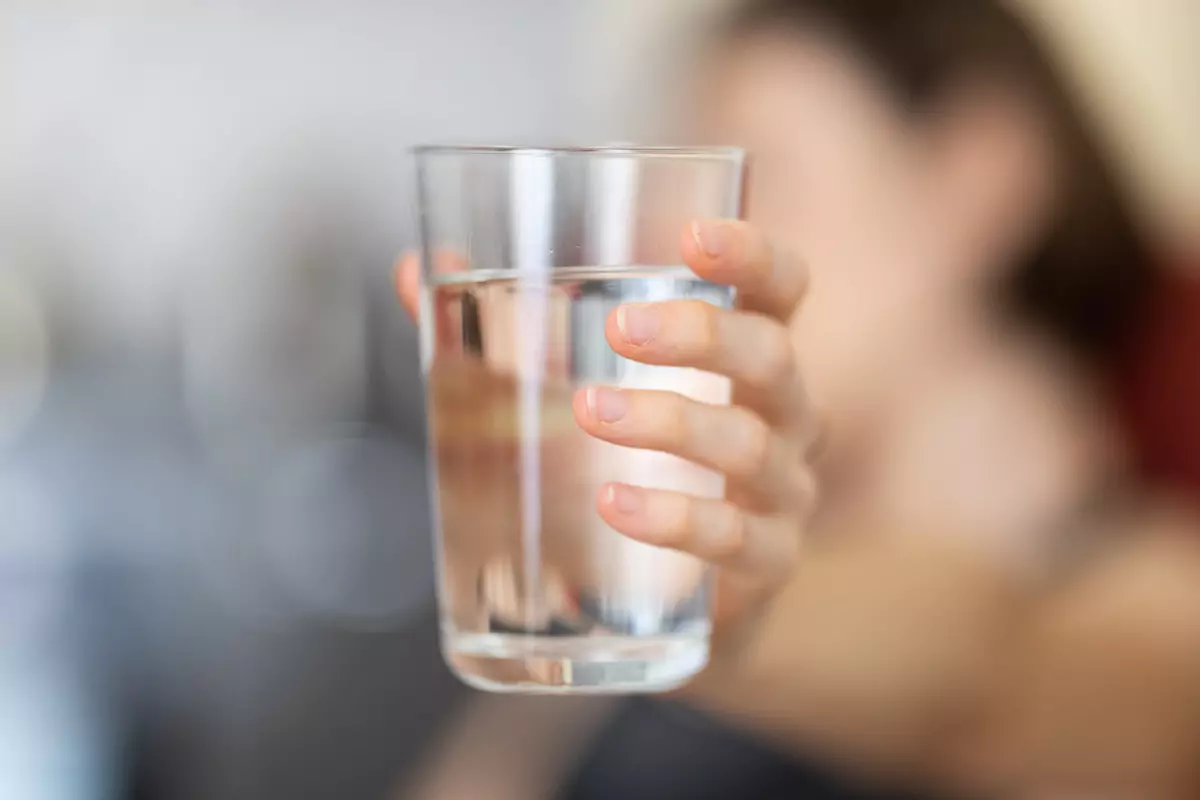Proper hydration is essential for maintaining optimal performance, especially during the hot summer months. As a sports nutritionist, understanding how hydration affects the body and performance is crucial.
Throughout the day, we lose water through various mechanisms such as breathing, sweating, and urination. This loss of water is called dehydration. And technically the state we are in when we are in a water deficit is called hypohydration. It happens when the amount of water lost from the body exceeds the amount of water taken in. Staying hydrated isn’t a one-size-fits-all situation. We’re all unique individuals with different body sizes, fitness levels, and metabolisms. On top of that, factors like physical activity, weather conditions, and humidity levels play a role in how much water we need.
WEATHER CONDITIONS AND WATER LOSS
The weather plays a significant role in determining our water loss. Hot and humid weather can make you sweat like a marathon runner in the desert, as your body tries to cool itself down. Moreover, if you find yourself in a high-altitude environment, you might be surprised to learn that your increased breathing rate can lead to more fluid loss through exhaling water vapour. And let’s not forget about cold environments, where your body works overtime to keep warm, potentially leaving you hypohydrated as your thirst sensation is reduced. Mother Nature sure knows how to keep us on our toes!
PERFORMANCE AND WELL-BEING DETRIMENTS OF HYPOHYDRATION
Let’s get serious for a moment and talk about the impact of hypohydration on your performance and overall well-being. Even mild dehydration, as low as 2% of your body weight, can put a damper on your active endeavour. It can lower your endurance, strength, and coordination faster than a tired toddler gives up on tying their shoelaces. One of the main culprits behind this is the decrease in blood volume, which means less oxygen makes its way to your hard-working muscles, leaving you feeling like you’ve just run a marathon without even leaving the couch. And let’s not forget about the buildup of metabolic waste products that tag along for the dehydrated ride.
If you thought I was done with the detrimental effects of hypohydration, there’s more! Impaired thermoregulation is another side effect. That means you’ll be more prone to overheating, potentially leading to heat exhaustion or even heat stroke. Trust me, you don’t want to experience either of those. And here’s a little bonus: hypohydration can mess with your concentration, alertness, and reaction times. Daily life won’t be a walk in the park if you’re not sipping on that water bottle regularly.

SOME RECOMMENDATIONS
Now we’ll talk about practical solutions. To optimize your hydration, it is crucial to adopt a proactive approach. Here are some recommendations for staying hydrated and performing at your best.
Daily Hydration: Aim to consume an adequate amount of fluids throughout the day, even when you’re not exercising. The general guideline is to drink at least 1.5-2 L of water per day but remember, you’re a unique individual, so your needs may be different.
Pre-Exercise Hydration: Before engaging in physical activity, ensure you are adequately hydrated. Sip on approximately 500-600 mL of water or a sports drink 2-3 hours before you get going and an additional 250-300 mL 15-30 minutes before you start.
During Exercise Hydration: When you’re in the zone, sweating up a storm, aim to drink fluids regularly to replace some of the water lost. The general recommendation is to consume 100-250 mL of fluid every 15-20 minutes, depending on the intensity and duration of the activity, as well as the weather. For those longer or more intense workouts, sports drinks with electrolytes can be your trusty sidekick. They’ll give you a boost of carbohydrates to keep your energy levels up and replace those precious minerals lost through sweat.
Post-Exercise Hydration: You’ve conquered your workout, but your hydration journey isn’t over yet. It’s time to replenish those fluid and electrolyte losses. Aim to consume 1-1.5 L of fluid for every kilo of body weight lost during exercise. And here’s a pro tip: include sodium-containing foods or beverages to help restore that precious electrolyte balance.
IT’S NOW TIME TO APPLY ALL THE ADVICE IN YOUR DAILY ROUTINE
I hope that you now understand that proper hydration is vital for maintaining optimal performance and well-being in both daily life and sports settings, especially during the summer season. Understanding how water loss occurs, the impact of weather conditions, and the performance detriments of dehydration allows us to develop effective hydration strategies. And remember, if you want personalized advice and guidance, don’t hesitate to consult a nutritionist or dietician.
Tristan Boetti is a sports nutritionist. Through his company Performance & Bien-Être Monaco, he works with professional athletes as well as recreationally active individuals to help them achieve their goals through customised nutrition plans and expert advice.
SEE ALSO:
Unveiling the illusions: foods that aren’t as healthy as we think
Featured image source: Unsplash
